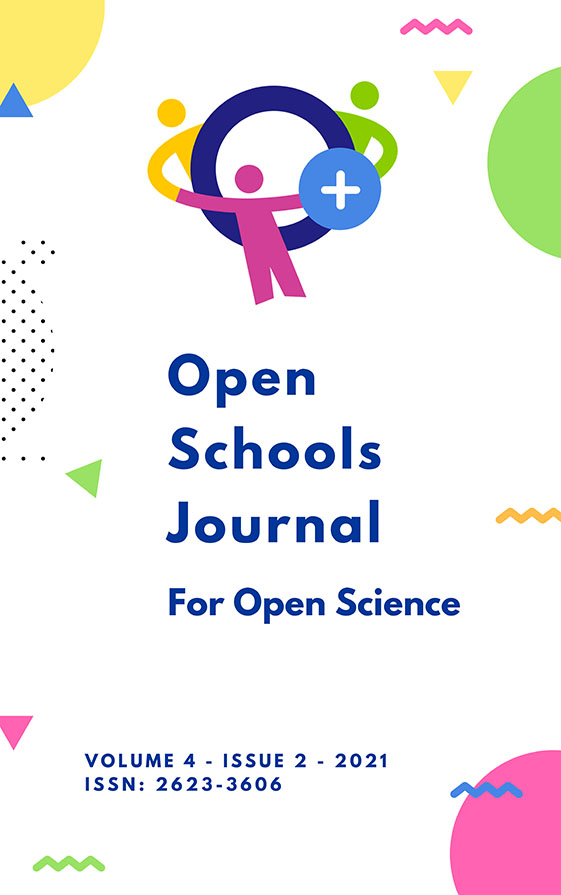Removing oil spill from water by ferrofluid
Abstract
Oil spill is a type of environmental pollution caused by the release of liquid petroleum hydrocarbons into the environment due to human activity, especially in the seas. Unfortunately, oil spills are increasing every day in the world's oceans. Also, the enormous task of cleaning up oil spills in oceans and seas has been burdening industry, government, and environmentalists for decades. In order to find a solution to this significant environmental threat 11th grade student has started a project to remove oil spills from water. With the help of ferrofluids and strong magnets separating the most common types of oils in the oceans: sunflower oil and olive oil is aimed. Due to increasing Covid-19 cases research is completed, and experiment is conducted at home under the guidance of an instructor. According to his experiments and analyzes at home on both types of oils approximately 66% of oil is removed from the water.
Article Details
- Come citare
-
Akbal, C. (2021). Removing oil spill from water by ferrofluid. Open Schools Journal for Open Science, 4(2). https://doi.org/10.12681/osj.26547
- Fascicolo
- V. 4 N. 2
- Sezione
- Greece

Questo lavoro è fornito con la licenza Creative Commons Attribuzione - Non commerciale - Condividi allo stesso modo 4.0 Internazionale.
Authors who publish with this journal agree to the following terms:
Authors retain copyright and grant the journal right of first publication with the work simultaneously licensed under a Creative Commons Attribution licence that allows others to share the work with an acknowledgement of the work's authorship and initial publication in this journal.
Authors are able to enter into separate, additional contractual arrangements for the non-exclusive distribution of the journal's published version of the work (e.g. post it to a repository), with an acknowledgement of its initial publication in this journal.
Authors are permitted and encouraged to post their work online prior to and during the submission process, as it can lead to productive exchanges, as well as earlier and greater citation of published work (See The Effect of Open Access).



